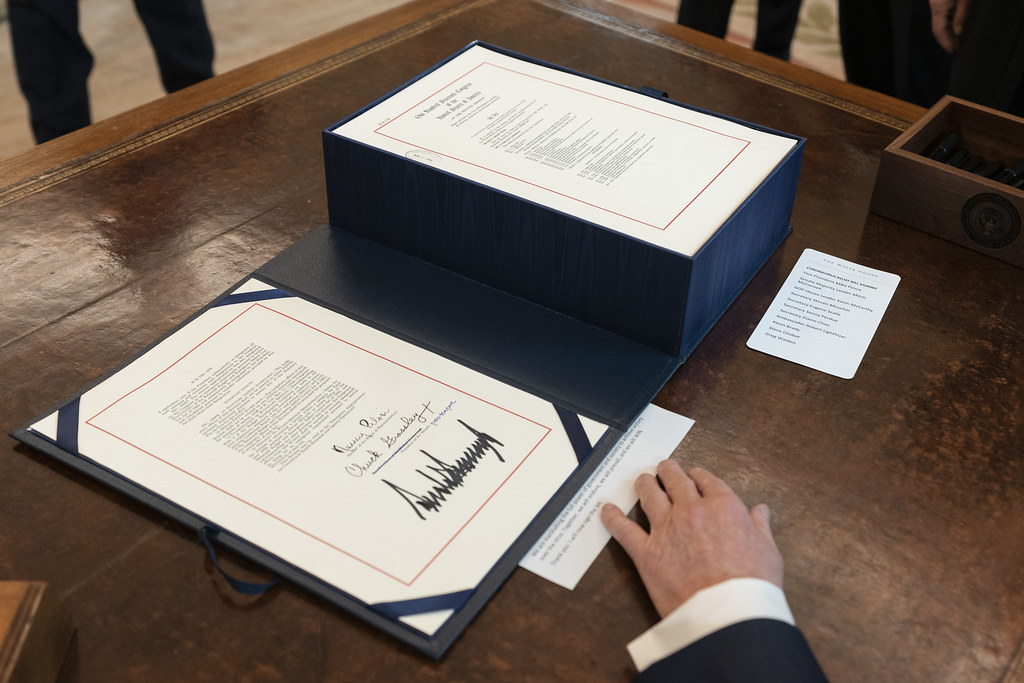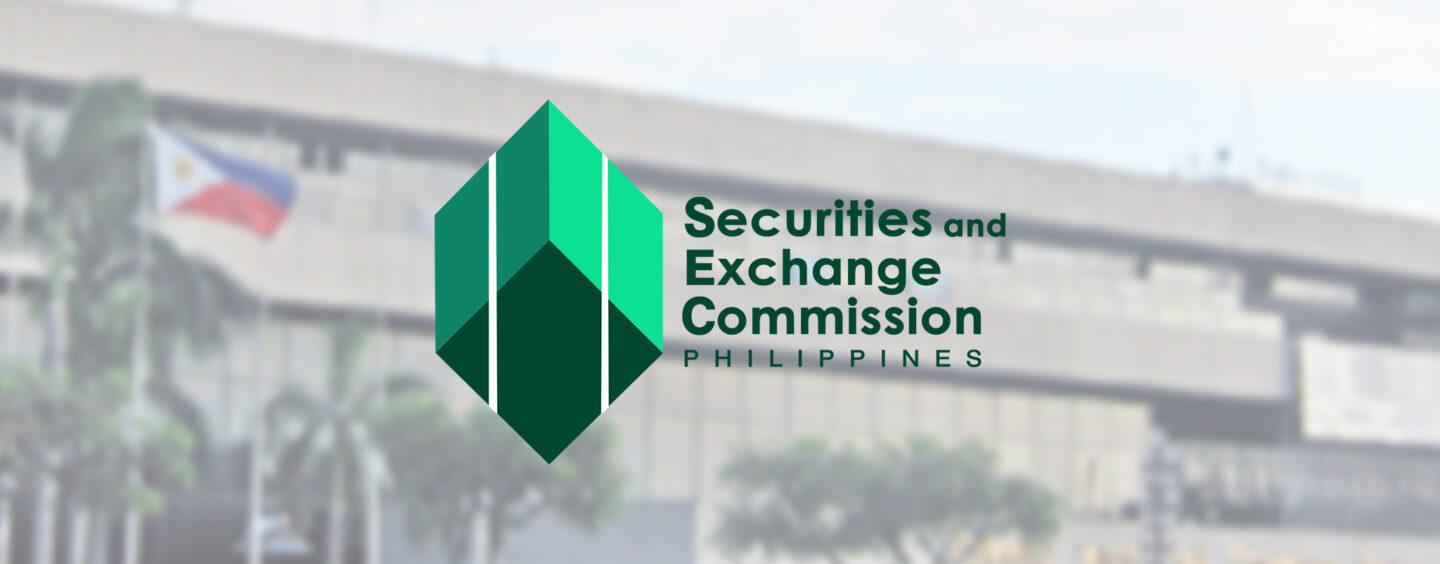On April 23, the Securities and Exchange Commission (SEC) of the Philippines took a decisive action against the cryptocurrency exchange Binance by instructing major tech companies Google and Apple to remove Binance’s app from their app stores for users in the Philippines. This directive is part of a broader effort to regulate cryptocurrency operations within the country and ensure the protection of local investors.
Background and SEC’s Concerns
The SEC’s concerns stem from Binance’s operations as an unregistered broker, which violates local securities laws by selling or offering unregistered securities to Philippine residents. Emilio B. Aquino, the chair of the SEC, emphasized that continued public access to Binance’s services could jeopardize the financial security of Filipino investors.
In response to these concerns, the SEC has been proactive in curtailing Binance’s activities in the Philippines. On March 25, prior to this latest app removal directive, the SEC, in conjunction with the National Telecommunications Commission (NTC), had already blocked access to Binance websites. This move aimed to prevent the proliferation of what the SEC deems illegal activities by Binance that could potentially have detrimental effects on the local economy.
The SEC has issued multiple warnings to the public regarding the risks associated with using Binance for investment purposes since November 2023. Despite these warnings, Binance has yet to obtain the necessary licenses to legally solicit investments or operate a securities exchange in the Philippines.
Enforcement and User Protection
On April 8, following an official ban and a grace period extended for users to withdraw their funds, the SEC reinforced its stance by discouraging any interaction with Binance post-ban. This firm position underscores the regulatory body’s commitment to enforcing local securities laws and protecting investors.
Binance’s regulatory challenges are not confined to the Philippines. The exchange has faced similar issues globally, including a recent class-action lawsuit in Canada and regulatory scrutiny in other regions. Despite these challenges, Binance continues to navigate complex regulatory landscapes, as evidenced by its recent re-entry into the Indian market and securing a crypto license in Dubai.
Implications and Future Outlook
The Philippine SEC’s actions reflect a growing trend of tighter regulation of cryptocurrency platforms worldwide, as authorities aim to balance innovation with investor protection. This case also highlights the challenges faced by global cryptocurrency exchanges as they adapt to diverse regulatory environments.
As the situation develops, it will be critical for platforms like Binance to engage with regulators and align their operations with local laws to ensure they can continue to provide services without disruption.
The Philippine SEC’s directive to Google and Apple to remove the Binance app underscores the rigorous approach that regulatory bodies are adopting towards cryptocurrency exchanges. This action serves as a reminder of the importance of compliance and the potential consequences of failing to adhere to local regulations.










